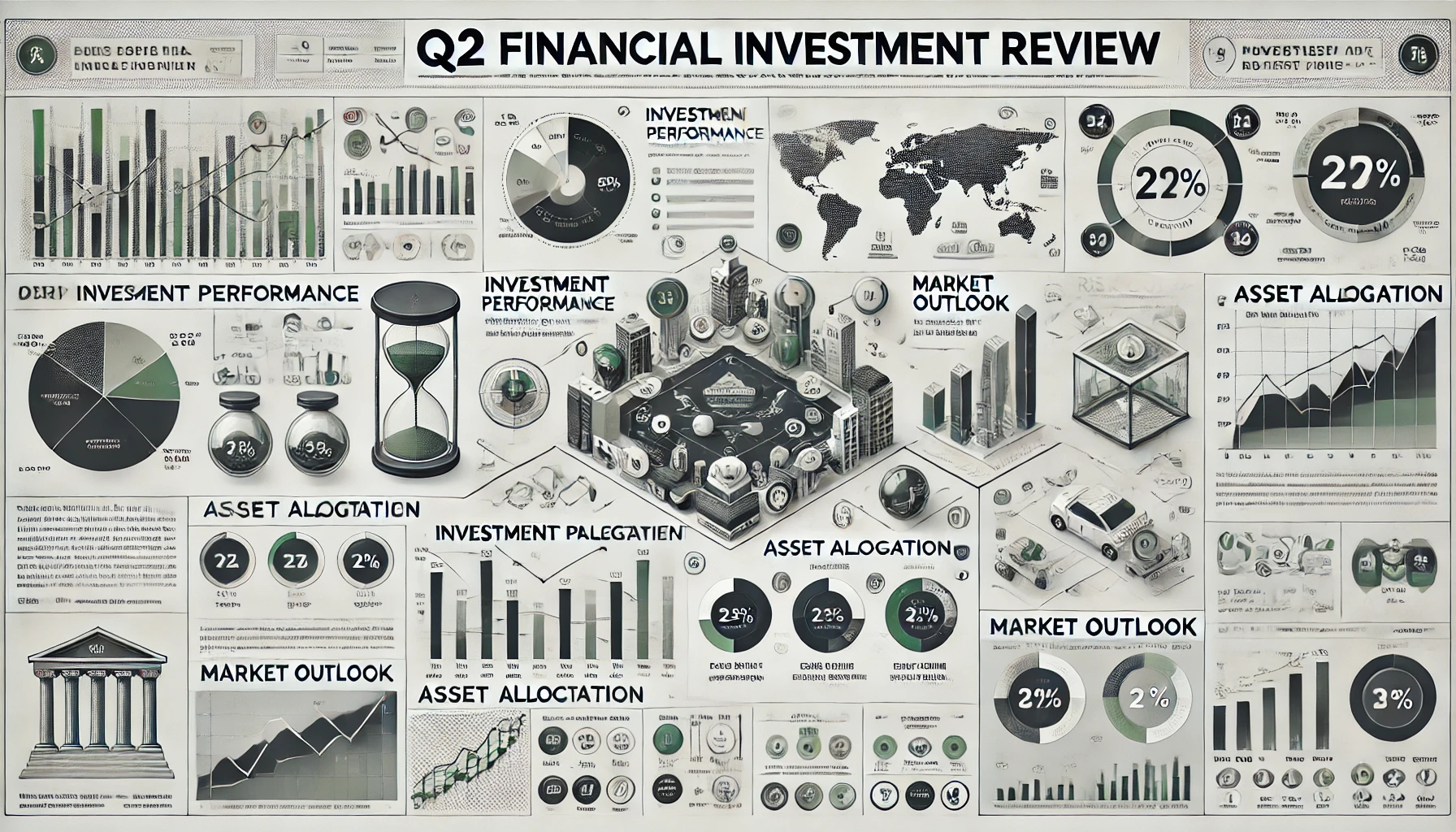The Enhanced Dividend Portfolio at Decision Investments Targets an Annual 6% Tax-Advantaged Yield Plus Long-term Appreciation
High & Growing Income
With a well-managed portfolio of dividend stocks, we can earn a higher income than investing in high-grade government bonds, bank CDs, or money market funds. As interest rates for risk-free fixed income have likely peaked in 2023 at about a 5.5% annual yield, dividend payouts can keep increasing as interest rates decline from recent elevated levels.
Dividends on stocks are commonly increased in most years, unlike bonds which have a static interest rate until maturity. We often get a “raise” as many stocks increase their dividend payout each year which boosts our yield to our original cost basis.
Since most dividend-paying companies strive to increase their dividends, reductions in payments are much less common than increases.
Substantial Tax Advantages
Most importantly, the top federal tax rate on most dividends is 20% and most individuals pay 15% or less versus the top rate for bonds (other than lower-interest municipal bonds), bank CDs, or money market funds which are taxed at about double the rate of up to 37%. Also, interest income can bump us into a higher marginal tax bracket, whereas dividend income does not. For these reasons, the important after-tax yield is much more attractive to investors from dividends than interest.
The other portion of potential growth from dividend stocks is the share price appreciation which is also tax-advantaged. Long-term capital gains, as long as the stock is held for at least one year, is the same lower rate of 15 or 20% for the highest bracket as opposed to interest income, which can be taxed as much as 37%. Like dividends, capital gains also do not bump up our tax bracket as interest income does.
But wait there’s more… all stocks offer tax deferred growth. As stocks appreciate in value over time, there is zero capital gains tax due until the stock is sold. This can offer years or decades of compounding without taxes to further enhance the tax advantage versus interest which is taxed as earned each year except for generally lower interest savings bonds, some of which offer a tax-deferred option.
There are also stocks whose dividends are not “qualified” but offer a different tax advantage. Generally, Real Estate Investment Trusts (REITs) and Business Development Companies (BDCs) are two stock categories whose dividends are taxed as ordinary income, not as the lower 0, 15, or 20 percent Qualified Dividend Income (QDI) tax rate. But unlike Qualified Dividend Income (QDI), which is also taxed to the company as corporate income tax, REITs and BDCs are not taxed at the corporate level so we benefit as owners of the companies and as stockholders by avoiding that tax to enhance our company’s value. We can further optimize our after-tax income and portfolio values by holding REITs and BDCs in retirement accounts.
Actively managed portfolios can employ other tax-saving strategies. For instance, they can purchase more stocks during market dips and then sell the higher-cost lots at break-even prices during upswings for a no-tax transaction that increases yield to cost. Portfolios can also engage in tax-loss harvesting, selling underperforming stocks to offset realized capital gains from winners, which can potentially be bought back at a lower price after 30 days (The Wash Sale Rule). Or instead of re-buying the identical holding, a similar investment can be bought immediately to maintain the position while earning the tax-loss benefit. We can also choose which years based on our other income to take capital gains or losses. And, we can also incorporate discounted closed-end funds which offer distributions that are partially tax-free return of capital that lowers our cost basis. And stocks left to heirs receive a stepped-up basis wiping out all the taxable unrealized gains to the date of death.
Share in Corporate Earnings Immediately – Usually on a Quarterly Basis
The portion of company earnings that are paid out as dividends is guaranteed money to us. Unrealized gains can shrink or evaporate over time if stock prices decline. Other earnings that are used to pay for incurred expenses, new equipment or staff, to purchase other assets, or to start or buy out other companies may or may not lead to future growth and income. Once a dividend is paid out, it is ours to spend or invest as we choose. In other words, it goes from being an unrealized gain on paper, to a realized gain in our pocket.
Potentially Lower Risk than Momentum Growth Stocks
Dividend stocks generally have lower valuations and current earnings versus the future potential of momentum growth stocks that can have more aggressive declines during market volatility. For those that are more risk-adverse, dividend stocks can offer higher combined growth and income than bonds with less downside risk (and upside potential) than the overall market.
If you have any questions or would like to discuss your specific situation, please feel free to e-mail or call me to schedule a no-fee, no-obligation consultation.
Happy Investing,
John P. Weinstein, CFP®, MBA
Portfolio Manager and Managing Partner
www.DecisionInvestments.com
John@DecisionInvestments.com
858-869-7509 (mobile)





